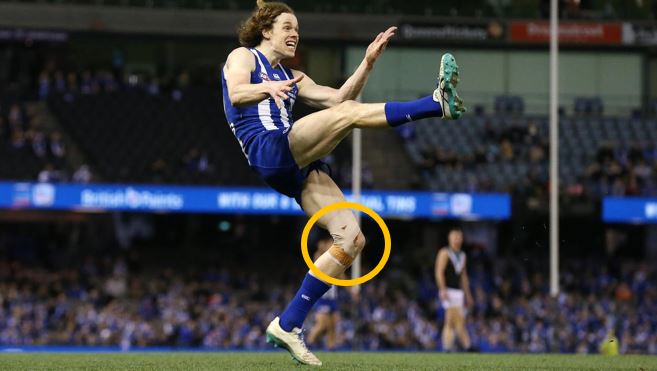17 Feb Medial Collateral Ligament (MCL) Injury
What is the medial collateral ligament (MCL) injury?
The medial collateral ligament (or the “MCL”) is a strong ligament which sits on the inside of the knee. It is an important ligament that provide stability to the knee.
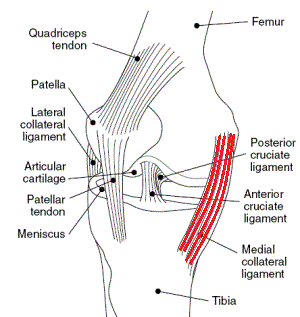
How is the MCL injured?
The MCL is most often injured in a ‘valgus’ position. This is where the knee falls (or gets pushed into) inwards towards the body. This position is shown below.
This might occur with a tackle contacting the outside of the knee, when you change direction or in other activities such as skiing.
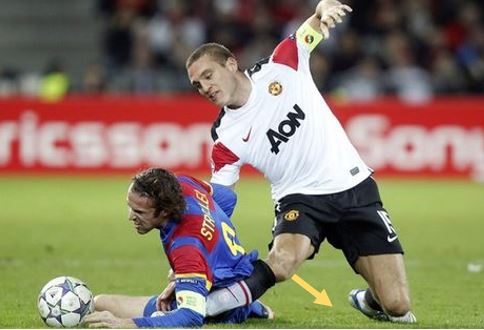
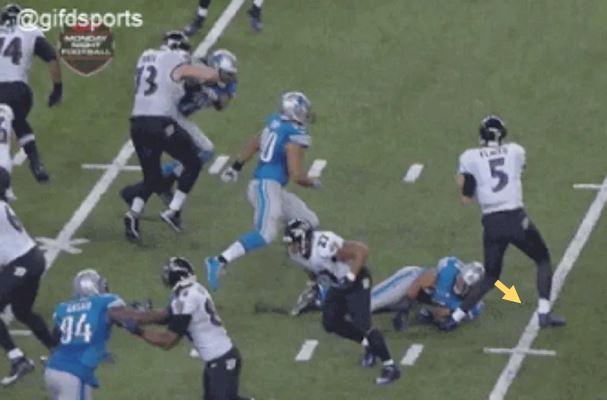
Symptoms
Symptoms of an MCL tear include:
- Pain on the inside of the knee
- Possible swelling on inside of the knee
- Possible feeling of instability
- Difficulty with walking, depending on severity
The symptoms after an MCL sprain will depend on the severity of the injury. MCL injuries can be graded as a Grade 1 injury, Grade 2 injury or a Grade 3 injury.
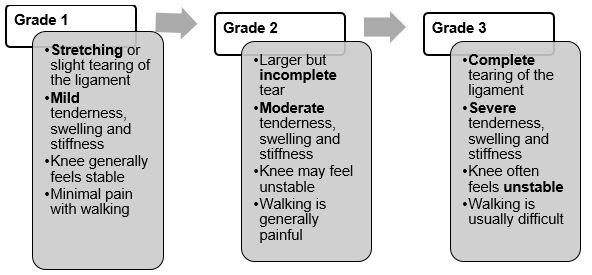
Diagnosis
A physiotherapist is highly skilled to assess and diagnose MCL tears. They will also be able to determine and give you a referral if you require any further investigations (i.e., an MRI).
It is important to rule out other injuries that can occur concurrently with an MCL injury – such as injury to the ACL or medial meniscus.
How long until I can return to sport?
This will vary for each patient and the extent of the injuries. Progressing through your rehab depends more on meeting testing criteria and markers than time.
However, as a guide – a mild MCL injury will often take 3-6 weeks to return to sport. A more severe injury may take 8-12 weeks. If there is other tissues injured at the same time, the rehab period may take longer.
Management
Early management is often aimed at reducing pain and inflammation, and settling down the knee. A hinged knee brace may be fitted to provide support and allow the MCL to heal.
After the acute setting, it is important to abolish any swelling, restore full range of movement, and restore strength and balance. This will aid a return to sport or normal activity and as well as aiming to prevent further injury.
A physio can guide your rehabilitation:
- Hands-on management (including massage, dry needling, stretching, mobilisation) to help reduce swelling and restore range of movement
- Progressive strengthening program
- Change of direction and agility training
- Dynamic control of knee
- Balance and proprioception training
- Gait, running and jumping re-training
- Taping during rehabilitation and when returning to sport
Correct and thorough rehabilitation will ensure you return safely to your chosen activity and help to prevent future problems with your knee.
